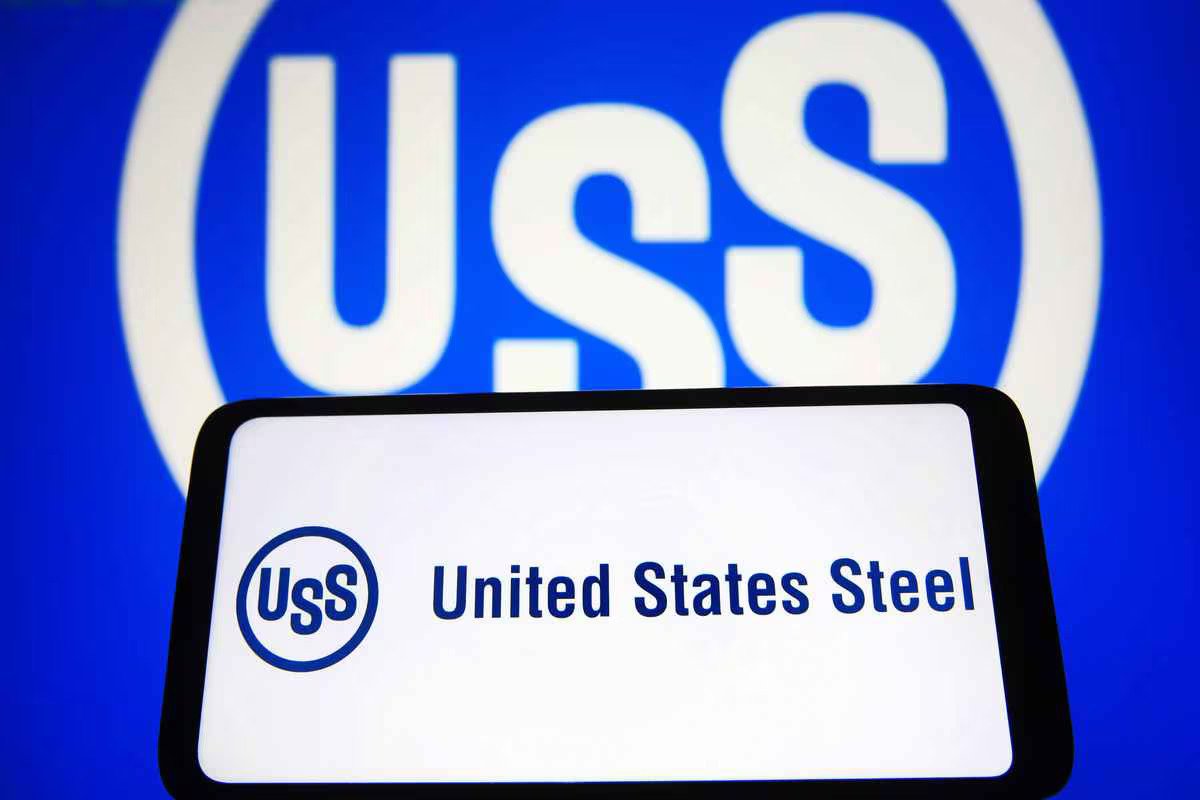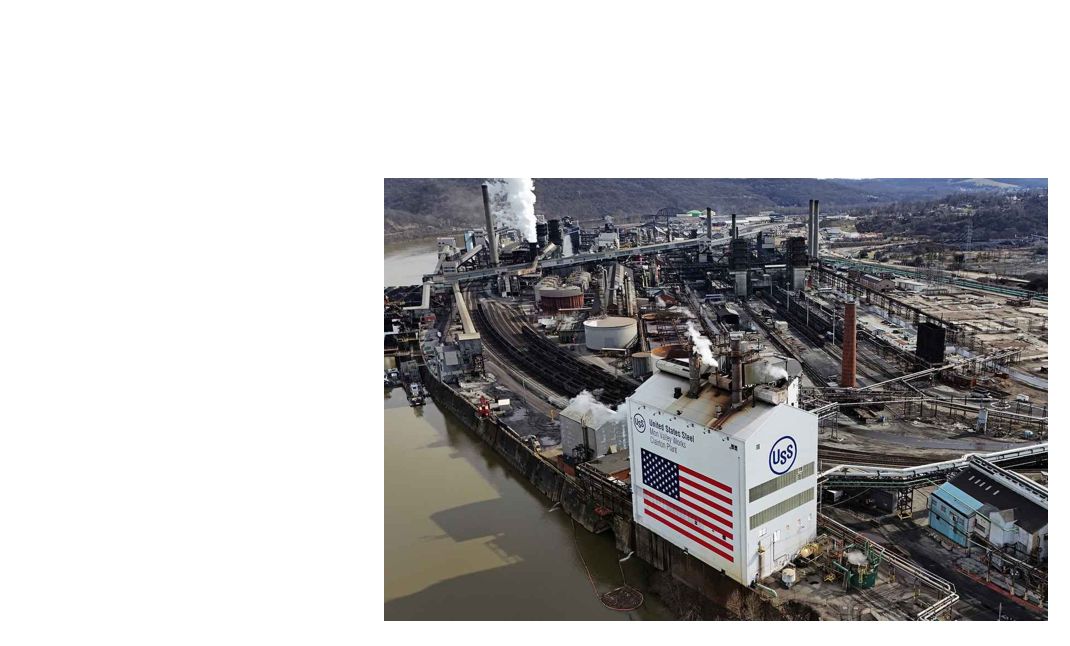Can US Steel Survive? The Fallout of Biden's 'National Security' Decision
日本製鉄による米鉄鋼大手USスチールの買収計画が、米政府によって阻止されました。日鉄は米国事業の基盤強化を前提とする成長戦略の修正を迫られますが、今回、最大の敗者は「最良のパートナー」を逃したUSスチールだと言われています。日鉄はUSスチールと共同で複数の訴訟を提起しましたが、勝訴のチャンスはあると思いますか?また、あなたが日鉄の最高経営責任者なら、どのような手段を取りますか?

1.Article
Directions: Read the following article aloud.
※本ページは出典ニュース記事を要約した英文です。
US Steel's CEO, David Burritt, warned that rejecting the takeover could end Pittsburgh's legacy as the "Steel City." Despite protectionist measures, US Steel's decision to sell itself reflected the limitations of government support. Without Nippon Steel's technology, achieving true manufacturing competitiveness appears unlikely.
Cleveland-Cliffs, another potential buyer, introduces anti-trust concerns, while former Vice President Mike Pence criticized the decision for risking thousands of jobs in industrial regions. Meanwhile, Nippon Steel may redirect its focus to high-growth markets like India, as hopes for a US-Japan alliance to counter China's influence dwindle.
China remains the world's largest steel producer, flooding the market with excess supply and undermining fair pricing. Biden's decision may have safeguarded national security in principle, but it failed to address the broader challenges facing the US steel industry. Instead, it left US Steel, its shareholders, and employees at a disadvantage. As the steel industry faces global competition and a critical crossroads, the rejection raises questions about who truly benefits and what future awaits American steel production.
本教材は、一般社団法人ジャパンフォワード推進機構、株式会社産経デジタルより許諾を得て、産経ヒューマンラーニング株式会社が編集しています。
テキストの無断転載・無断使用を固く禁じます 。

